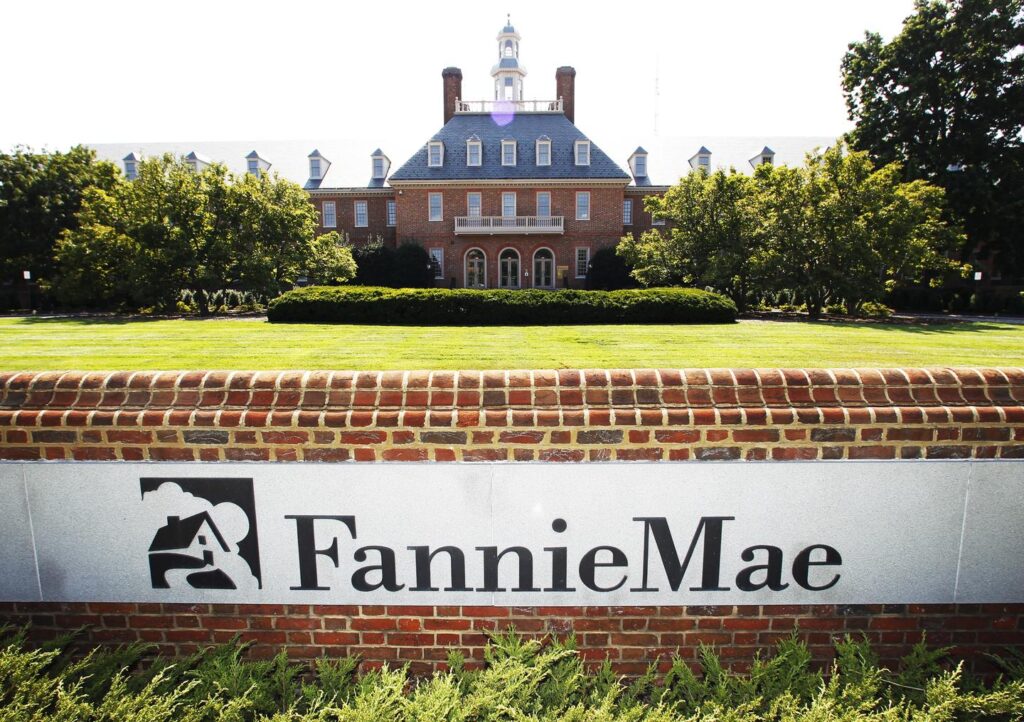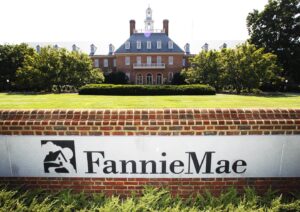After considering a pilot program that would grant certain mortgage lenders a waiver on title insurance requirements for loans it purchased, Fannie Mae officially scrapped the program in August. The program would have effectively turned the government-sponsored enterprise (GSE) into a de facto title insurer, with the goal of allegedly reducing closing costs for certain borrowers under its Equitable Housing Finance Plans.
While wanting to reduce costs for people trying to afford a home is a worthy goal, expanding Fannie Mae’s potential obligations by effectively having it offer a product that it has little experience with would have almost assuredly not ended well. Title insurance exists for a reason: It provides borrowing families and lenders protection against fraud, liens, and the legal costs that those engender. Title insurers have spent considerable resources to determine those risks and price them accordingly.
Now, as Fannie Mae and Freddie Mac continue to evaluate new programs that would promote the use of title insurance alternatives – so-called attorney opinion letters – they must carefully consider how such programs could increase risks for the enterprises themselves, any partner lenders, and ultimately, consumers.
We have already seen that when the GSEs take significant risks, the housing finance system, consumers, and taxpayers suffer. Fannie Mae and Freddie Mac needed nearly $200 billion of support from the Treasury after the 2008 financial crisis, when the GSEs took significant risks in the mortgage market in an attempt to boost profits and stock prices by issuing – and holding on to – riskier mortgages. In 2008, 70% of all subprime and distressed mortgages were on the books of the federal government and the GSEs.
This past June, before the title waiver pilot program was scrapped, Fannie Mae’s Equitable Housing Finance Plans mentioned it was considering the use of alternative title insurance products, including certain attorney opinion letters (AOLs) in place of title insurance. Although AOLs are accepted by Fannie Mae and Freddie Mac, these products fall short of providing the necessary safeguards.
Unlike title insurance, these products are unregulated and do not provide consumers with protection against “unknown” or “hidden” risks that are not readily apparent from a public records search, such as fraud, forgery, or certain tax liens. Further, these products are not backed by any statutorily required financial reserves, making them a much riskier product to cover future claims.
While these products do not yet seem to be widely used efforts by the GSEs to expand their use by homebuyers – and specifically first-time, low-income, minority homebuyers – are concerning. In addition to being inherently riskier and unproven products, lenders and homebuyers could pay more in the long run by using these products. In the case of a title issue that is discovered after closing, buyers and lenders would likely have to pay out of pocket to resolve the issue. With title insurance, the insurer bears the costs of resolving any title defects or claims.
The financial crisis reinforced the fact that underwriting standards and risk-protection should be strong and well-tested, protecting lenders and consumers alike. Title insurance plays a key role in that due diligence.
The GSEs remain in conservatorship for their actions that led to the financial crisis, and GSE solvency should remain the foremost priority of the FHFA. Cutting corners and taking on more risks to expand lending is precisely the same formula that led the GSEs into their insolvency in the 2000s. The FHFA must intervene to halt any pilot activity that exposes homebuyers, lenders, and the broader housing finance system to more risks.




